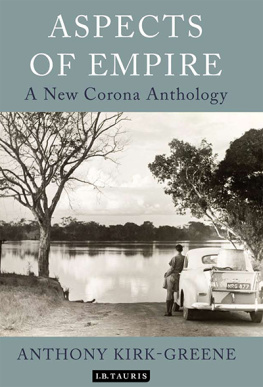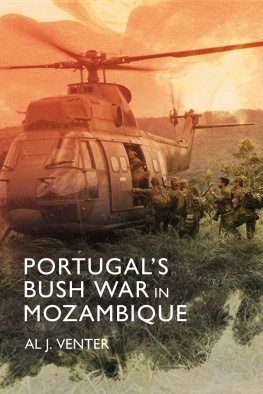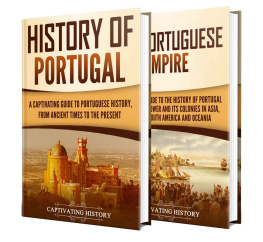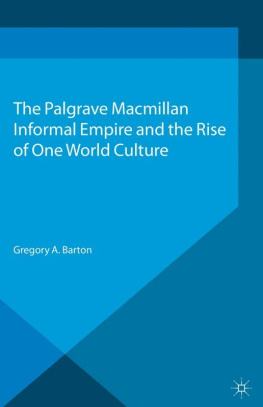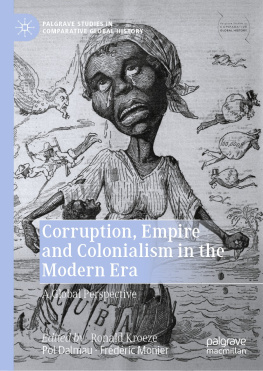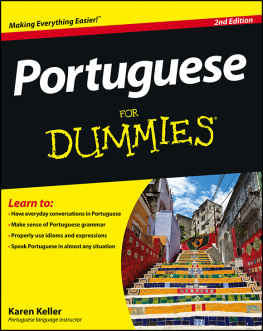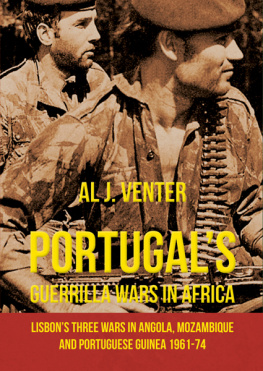Erik Lars Myrup - Power and Corruption in the Early Modern Portuguese World
Here you can read online Erik Lars Myrup - Power and Corruption in the Early Modern Portuguese World full text of the book (entire story) in english for free. Download pdf and epub, get meaning, cover and reviews about this ebook. year: 2015, publisher: LSU Press, genre: History. Description of the work, (preface) as well as reviews are available. Best literature library LitArk.com created for fans of good reading and offers a wide selection of genres:
Romance novel
Science fiction
Adventure
Detective
Science
History
Home and family
Prose
Art
Politics
Computer
Non-fiction
Religion
Business
Children
Humor
Choose a favorite category and find really read worthwhile books. Enjoy immersion in the world of imagination, feel the emotions of the characters or learn something new for yourself, make an fascinating discovery.

- Book:Power and Corruption in the Early Modern Portuguese World
- Author:
- Publisher:LSU Press
- Genre:
- Year:2015
- Rating:5 / 5
- Favourites:Add to favourites
- Your mark:
Power and Corruption in the Early Modern Portuguese World: summary, description and annotation
We offer to read an annotation, description, summary or preface (depends on what the author of the book "Power and Corruption in the Early Modern Portuguese World" wrote himself). If you haven't found the necessary information about the book — write in the comments, we will try to find it.
Encompassing numerous territories across four different continents, Portugals early modern empire depended upon a vast and complex bureaucracy, yet colonial power did not reside solely in the centralized state. In a masterful reconceptualization of the functioning of empire, Erik Lars Myrups Power and Corruption in the Early Modern Portuguese World argues that beneath the surface of formal government, an intricate web of interpersonal relationships played a key role in binding together the Portuguese empire.
Myrup draws on archival research in Portugal, Spain, Brazil, and China to demonstrate how informal networks of power and patronage offered a crucial means of navigating-or circumventing-the serpentine paths of the governmental hierarchy. The decisions of the Overseas Council, which governed Portugals imperial holdings, reflected not only the merits of the petitions that came before it, but also the personal and institutional affiliations of the petitioner. In far-flung areas such as So Paulo and Macau, where the formal bureaucracy was weak, local cultural and economic factors held as much sway over the agents of the colonial state as did the dictates of the imperial court at Lisbon.
Populated by a host of colorful characters, from backland explorers to colonial magistrates, Power and Corruption in the Early Modern Portuguese World demonstrates how informal social connections both magnified and diminished the power of the colonial state. If such systems contributed to corruption and fraud, they also facilitated effective cross-cultural exchange and ensured the survival of empire in times of crisis and decline. Myrup has produced a truly global study that sheds new light on the influence of interpersonal networks on the administration of a vast overseas empire.
Erik Lars Myrup: author's other books
Who wrote Power and Corruption in the Early Modern Portuguese World? Find out the surname, the name of the author of the book and a list of all author's works by series.

